Publications
Articles, publications, books, tools and multimedia features from the U.S. Institute of Peace provide the latest news, analysis, research findings, practitioner guides and reports, all related to the conflict zones and issues that are at the center of the Institute’s work to prevent and reduce violent conflict.
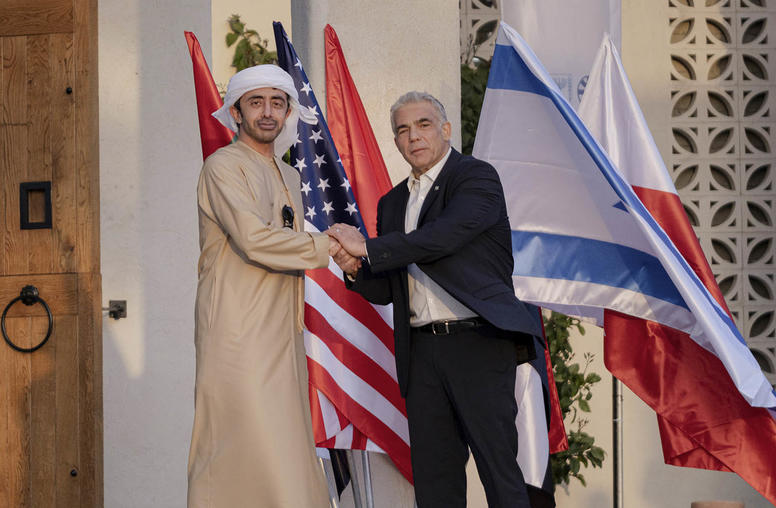
Historic UAE-Israel Trade Deal Proves Abraham Accords' Resilience
Nearly two years since the signing of the Abraham Accords — U.S.-brokered agreements normalizing Israeli relations with the UAE and Bahrain — the bilateral hope and promise encapsulated in that diplomatic achievement have borne fruit in several arenas. This is particularly the case between Israel and the UAE, underscored most recently by the Free Trade Agreement (FTA) signed between the two countries on May 31. Indeed, the agreement follows a steady pace of warming ties and joint endeavors since the two countries agreed to normalize ties in 2020.
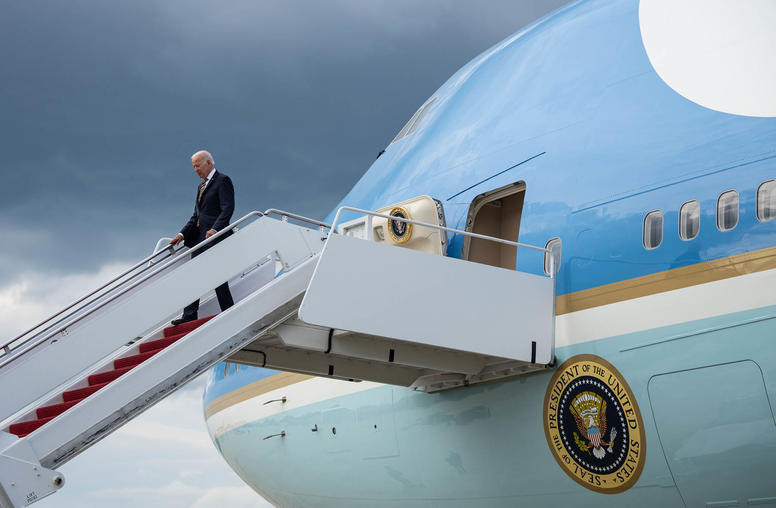
Biden’s Trip, and Ukraine’s War, Could Boost the Abraham Accords
President Biden’s Middle Eastern diplomatic mission this week contrasts with news reports and public discussion in the past year suggesting that the region has become a lesser priority for U.S. foreign and security policy. Biden’s visits to Saudi Arabia, Israel and the Palestinian West Bank territory build on a reality that Middle Eastern states have been knitting new relations, notably via the 2020 Abraham Accords. They are doing so in ways that Biden’s visit, and overall U.S. diplomacy, can advance.
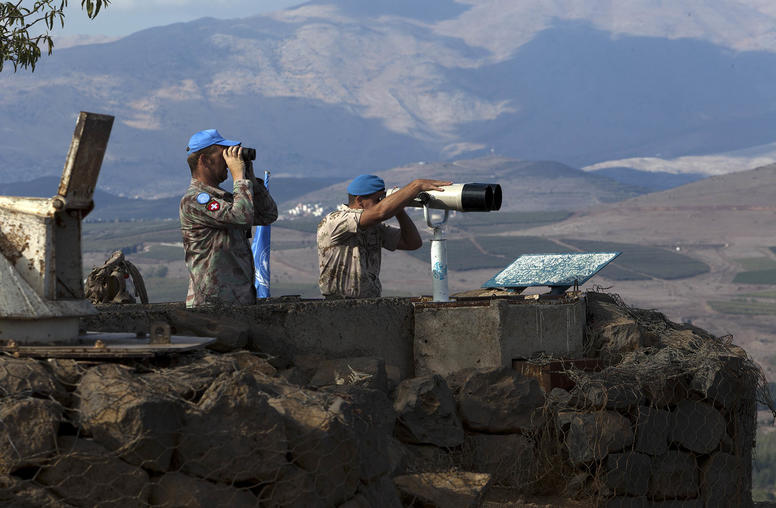
Could Syria Have Been Saved by a U.S. Effort to Bring It to Peace with Israel?
Over a decade into Syria’s civil war, it’s hard to fathom the country at peace and integrated with the international community. The Assad regime’s brutal oppression of protests in March 2011 sparked more than 10 years of violence, conflict and tragedy in the country. But in the weeks before, there was quiet hope that a clandestine U.S. effort could broker a land-for-peace deal between Israel and Syria. For Syria, such a peace agreement would have resulted in the lifting of U.S. sanctions and financial assistance, trade and investment from the international community, giving Syrians hope for a better future.
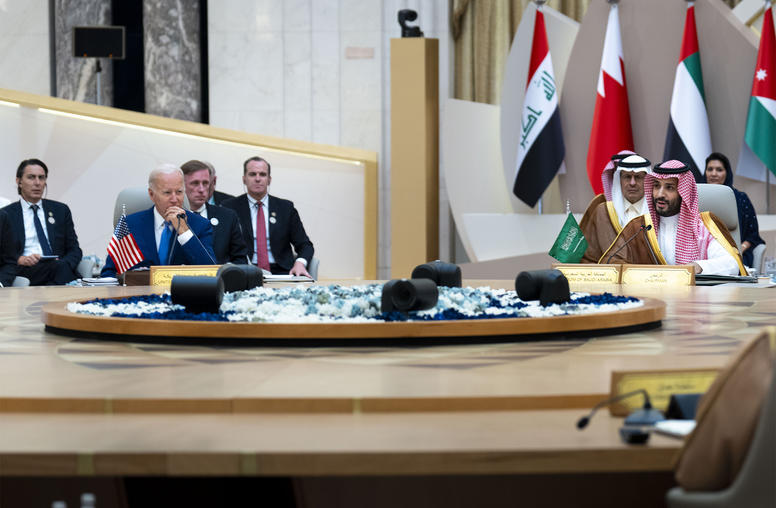
Five Takeaways from Biden’s Visit to the Middle East
President Biden made his first trip to the Middle East last week, visiting Israel and Saudi Arabia. While the trip yielded little in the way of flashy announcements — like new normalization agreements or Saudi Arabia boosting oil production — it did demonstrate that the United States remains focused on enhancing the region’s security architecture, particularly to counter Iran. Still, there were some notable developments, like a U.S.-Saudi agreement to build 5G and 6G telecommunications networks and Riyadh opening airspace to Israeli flights. On the Israeli-Palestinian front, the president affirmed Washington’s long-standing commitment to Israel and said that now was not the time to reengage on peace talks with the Palestinians.
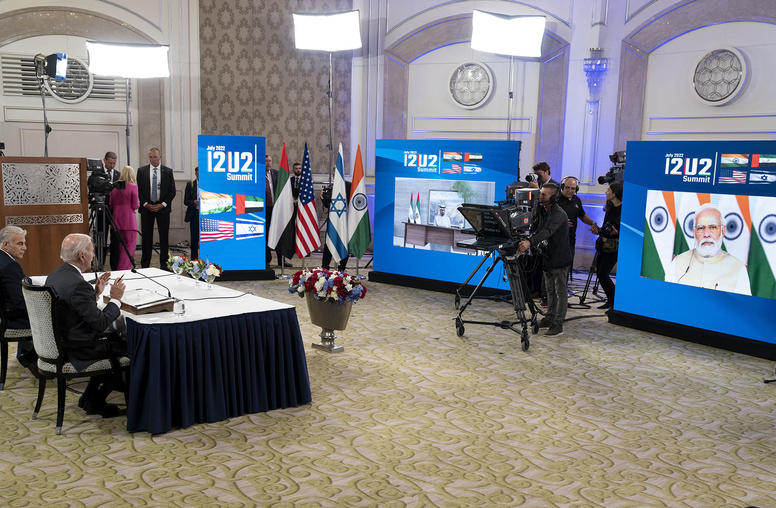
What You Need to Know About the I2U2
As part of his visit earlier this month to the Middle East, President Biden participated in the first leaders summit of a new grouping made up of Israel, India, the United Arab Emirates and the United States. Known as the I2U2, the countries’ foreign ministers formed the bloc in the fall of 2021 to deepen technological and private sector collaboration in the region and tackle transnational challenges in six focus areas: water, energy, transportation, space, health and food security. Beyond the announcement of a food security initiative and a hybrid renewable generation facility for India, little was revealed about what’s next for I2U2.

The Four Races That Will Define the Future of the Israeli-Palestinian Conflict
After the latest round of violence this May, Israeli and Palestinian leaders are walking a series of tightropes — Israel’s new government is composed of a potentially unsustainable coalition; a fragile cease-fire teeters between Hamas and Israel; and public protests continue to shake the Palestinian Authority.
Palestinian, Israeli Youth Leaders Brief USIP Staff on Peacebuilding Efforts
As part of USIP’s work with youth in conflict resolution and peacebuilding, and its efforts to resolve the Israeli-Palestinian conflict, USIP staff recently met with OneVoice Palestine and Israel youth leaders to learn more about their work on the ground.
On the Issues: Lebanon
Mona Yacoubian, director of the Lebanon Working Group at the U.S. Institute of Peace and special adviser to the Institute’s Center for Conflict Analysis and Prevention, discusses recent developments in Lebanon, and their broader impact on the region as well as prospects for peace in the Middle East.

Water Can Be a Rare Win-Win for Israelis, Palestinians and the Region
From Israel’s turbulent electoral politics and Palestinian political dysfunction to the cycle of intercommunal violence in the West Bank and the humanitarian catastrophe in Gaza, it’s rare for much good news to come out of the Israeli-Palestinian context these days. But this June, a hopeful story emerged from the impoverished Gaza Strip when its Mediterranean beaches were deemed safe for swimming for the first time in decades.

What Does Israel’s New Government Mean for the Israeli-Palestinian Conflict?
As 2022 came to a close, Benjamin Netanyahu once again took the helm of Israel’s government just 18 months after losing power in the wake of a series of stalemated elections. Already Israel’s longest-serving prime minister, Netanyahu’s approach to foreign policy, and to the conflict with and occupation of the Palestinians, is to some extent a known quantity. However, with his comeback and governing coalition dependent on the support and partnership of once-fringe extremist parties and politicians, 2023 holds the potential for conflict-driving disruption. USIP’s Lucy Kurtzer-Ellenbogen discusses the possible implications of Israel’s new government for the Israeli-Palestinian conflict and for Israel’s regional and foreign relations.